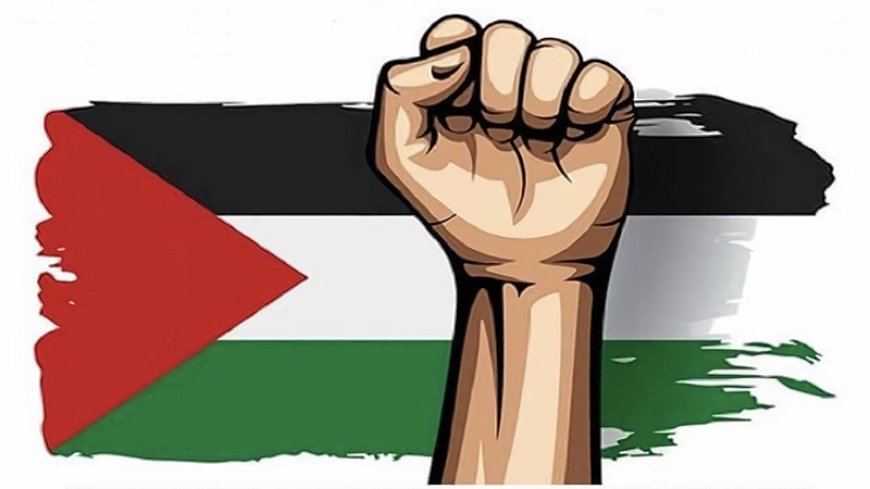Occur to start the Al-Aqsa Intifada to this day; strengthen the Palestinian resistance and weaken Israel
Occur to start the Al-Aqsa Intifada to this day; strengthen the Palestinian resistance and weaken Israel

23 years have passed since the start of the Al-Aqsa Intifada. The important question is that, 23 years after the Al-Aqsa Intifada, what events have been witnessed in the conflict between Palestine and the Zionists. On September 28, 2000, Ariel Sharon, who was the head of the opposition wing of the Zionist regime at the time, supported by 2,000 special security forces and the Zionist police, attacked and desecrated the Al-Aqsa Mosque with the support of Ehud Barak, the then prime minister of the Zionist regime.
After the attack, Sharon said that the area would belong to Israel forever. Those provocative remarks ignited the anger of the Palestinians, and after that there were violent clashes, where 7 Palestinians were martyred and 250 others were injured. On the other side, 13 Zionist soldiers were injured. After that, the city of Baitul Muqadas became the scene of intense fighting between the Palestinians and the Zionist settlers, where tens of people were injured, and the struggle that came to be known later as the Al Aqsa Intifada began and continued to expand and spread to the West Bank. The Jordan River and the Gaza Strip.
The Al-Aqsa Intifada lasted for a period of 5 years until 2005. According to the statistics of Palestinian and Zionist institutions, 4,412 Palestinians have been martyred and 48,322 others have been injured in the Al-Aqsa Intifada, as well as 1,100 Zionists have been killed, including 300 soldiers. , and around 4,500 others were injured. Palestinian Muqwamas Since the al-Aqsa intifada until now, the violent Zionist regime has carried out many attacks against the Palestinians. Until last year, all attacks were directed at the Gaza Strip. But since then, the West Bank of the Jordan River has also been targeted by the occupying Quds regime. The main reason for this is the start of the muqwama movement in the West Bank of the Jordan River in recent years and the establishment of various groups in the area where many attacks in Tel Aviv have been carried out by these muqwama groups in the area.
Therefore, we can say that the entry of weapons into the West Bank and the establishment of struggle groups in the area is the most important point in the conflict between Palestine and Israel in the past 23 years. In this regard, Tareq Salmi, the Spokesman of the Palestinian Islamic Jihad Movement, indicated on Thursday in an interview with the Arab news agency in Gaza, the position of resistance after twenty-three years of the Al-Aqsa Intifada and added that strength and will of muqwama groups in the West Bank of the Jordan River, especially in the holy Quds, has increased significantly.
Salmi added that the Quds Brigade, the military branch of the movement, has broken the conspiracy and operations of the Zionists in the West Bank of the Jordan River and the Al-Aqsa Mosque after many years, and that the group is fully prepared to deal with the crimes of the settlers of the Holy Quds. Another important thing is that the most important weapons of the Palestinians in the Al-Aqswa Intifada have been stones and knives, but today the Palestinian groups are using various missiles in their attacks against important institutions in Tel Aviv, where the Zionist settlers are forced to flee to the areas of hide in every attack.
Therefore, the current power of the Palestinian resistance groups cannot be compared to the period of the Al-Aqsa Intifada, where even geographically the Palestinian attacks reach Tel Aviv. Another thing is that, gradually the internal situation in the occupied lands has become volatile to the extent that the leaders of the administration are warning about the risk of disintegration of the administration. Unity within the Zionist administration has been lost and internal errors have increased to the extent that in the last 5 years the administration has held 5 elections and elected several temporary councils where the current cabinet led by Netanyahu is also in a state of instability.













































